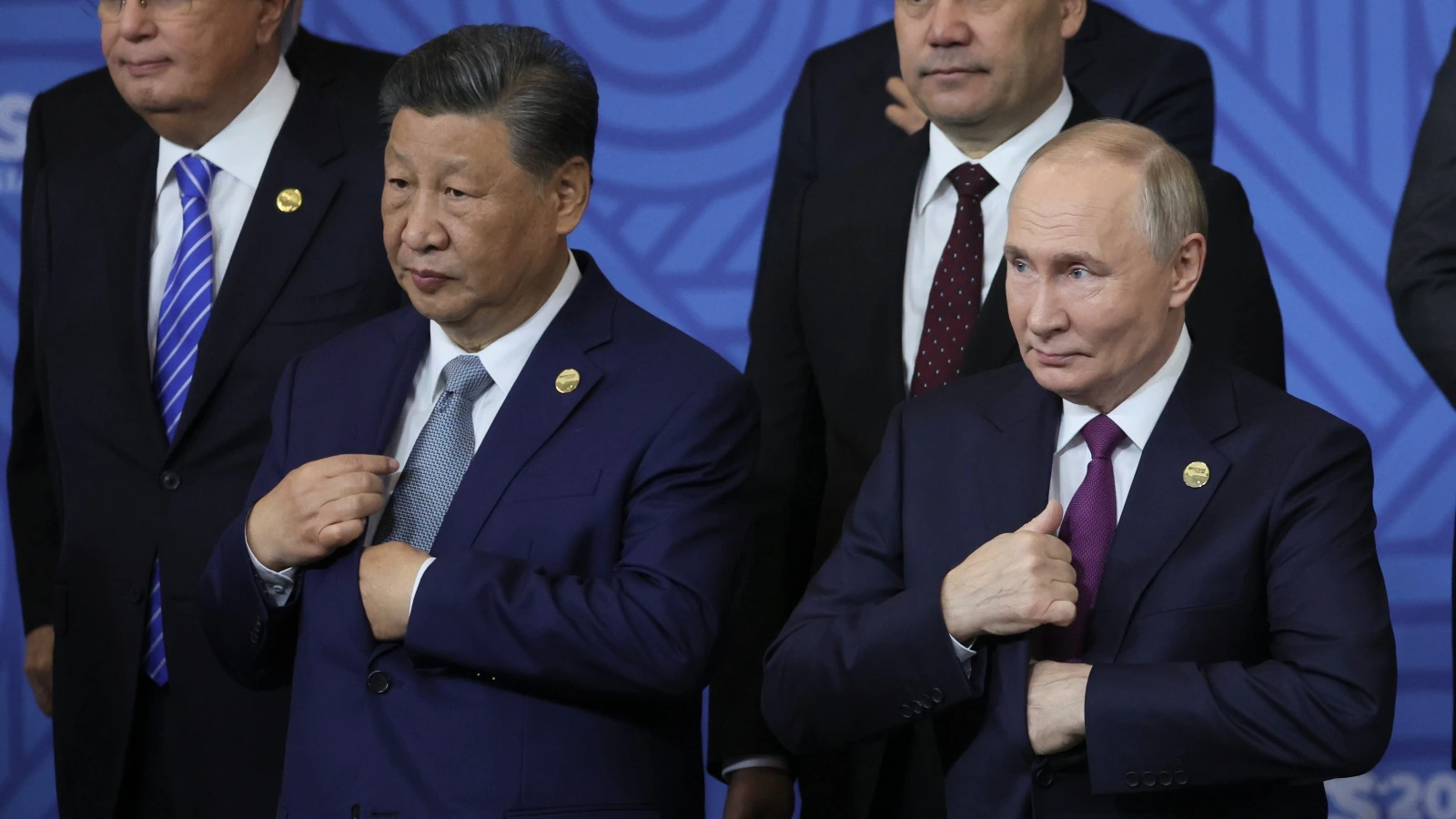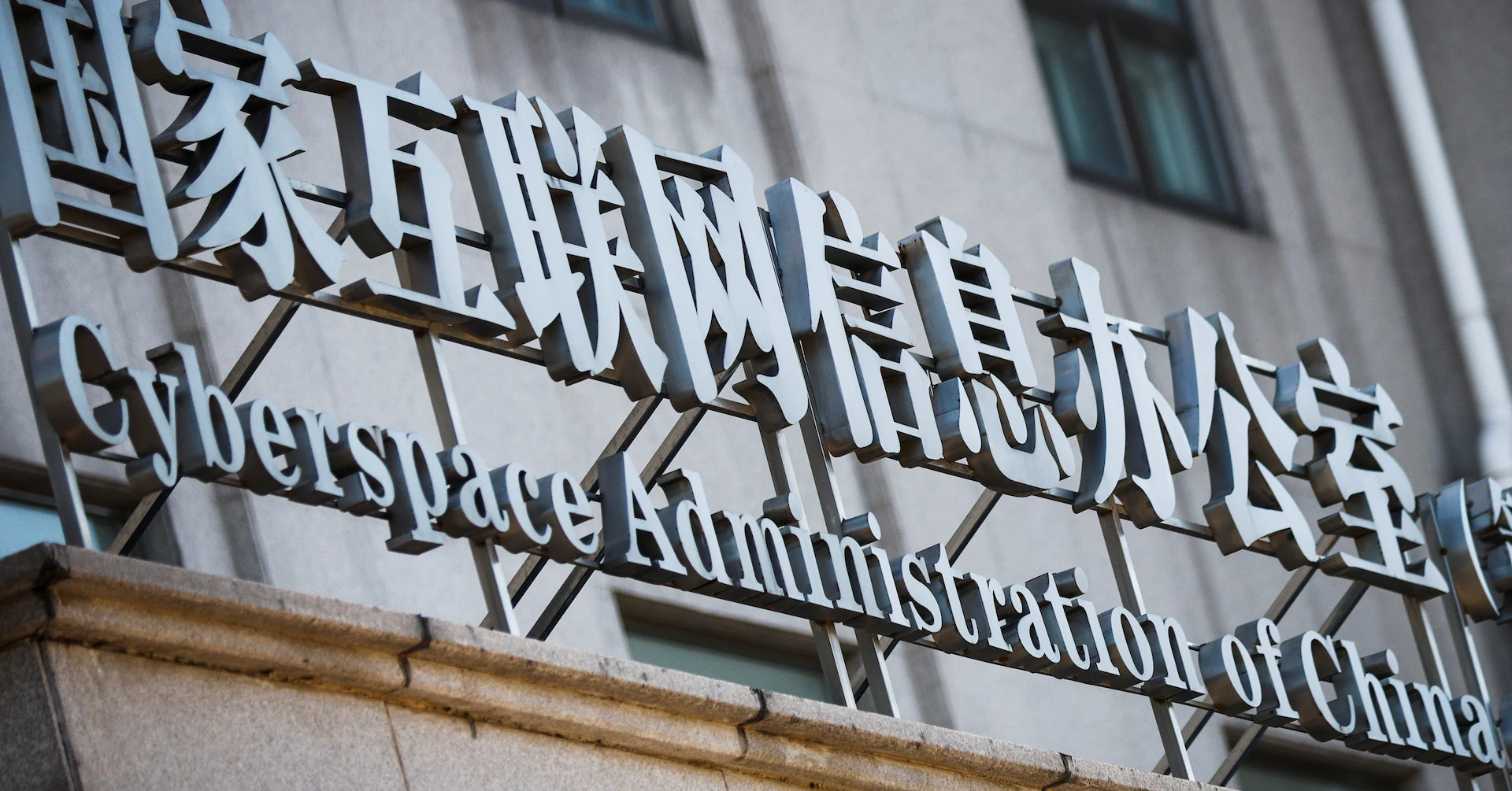By Aveek Banerjee,News18
Copyright news18

Russia has agreed to help China equip and train an airborne battalion, according to some leaked documents reviewed by a leading think tank that highlighted the growing military partnership between Moscow and Beijing in light of tensions with the US.
The documents leaked by the Black Moon hacktivist group and verified by the British think tank the Royal United Services Institute (RUSI) showed that Russia had agreed to sell military equipment to China’s People’s Liberation Army (PLA) in 2023, including assault vehicles, anti-tank guns, and airborne armoured personnel carriers, CNN reported.
According to the agreement, Russia also agreed to train a battalion of Chinese paratroopers to utilise them and transfer technology that would enable Beijing to manufacture similar weapons, as the RUSI’s review of the documents revealed. This agreement, if implemented, is expected to boost China’s air manoeuvre capabilities.
What This Means?
The think tank believes that improving in that area
would help China to achieve its aim of taking control of Taiwan, the self-governing island claimed by Beijing. It would also help boost China’s offensive capabilities against the Philippines and other states on the disputed South China Sea.
“Russia is equipping and training Chinese special forces groups to penetrate the territory of other countries without being noticed, offering offensive options against Taiwan, the Philippines and other island states in the region,” CNN quoted RUSI fellows Oleksandr V Danylyuk and Jack Watling.
China claims nearly the entire South China Sea, overlapping with maritime zones of Brunei, Indonesia, Malaysia, the Philippines and Vietnam. The waterway is a strategic shipping route where $3 trillion of annual shipborne commerce takes place.
The Philippines is among several countries with which China has had frequent disputes over territorial claims. Despite an international tribunal saying that China’s sweeping claims have no basis under international law, Beijing continues to enforce its claims.
Russia and China have been exchanging arms since the 1990s, but over the past decade, their military cooperation has significantly deepened, as ties between Xi Jinping and Vladimir Putin have warmed. The growing alliance between Russia and China has heightened concerns in the United States as both countries position themselves as alternatives to Western influence.
Earlier this month, President Putin described Russia’s relationship with China as being at an “unprecedentedly high level,” amid reports that the two nations had finalised a long-delayed deal to construct a major new pipeline delivering natural gas to China through Mongolia.
Since Moscow invaded Ukraine in 2022, it has turned towards China to replace Europe as its major gas buyer and positioning Beijing as a crucial partner in sustaining Russia’s energy exports.



